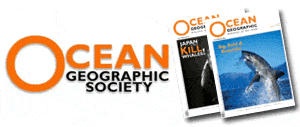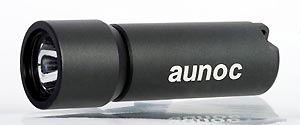- Home
- Directory
- Shop
- Underwater Cameras - Photographic Accessories
- Smartphone Housings
- Sea Scooters
- Hookah Dive Systems
- Underwater Metal Detectors
- Dive Gear
- Dive Accessories
- Diving DVD & Blu-Ray Discs
- Diving Books
- Underwater Drones
- Drones
- Subscriptions - Magazines
- Protective Cases
- Corrective Lenses
- Dive Wear
- Underwater Membership
- Assistive Technology - NDIS
- On Sale
- Underwater Gift Cards
- Underwater Art
- Power Stations
- Underwater Bargain Bin
- Brands
- 10bar
- AirBuddy
- Akona
- AOI
- Apollo
- AquaTech
- Atomic Aquatics
- aunoc
- AxisGo
- Backscatter Underwater Video and Photo
- BLU3
- Buddy-Watcher
- Cayago
- Chasing
- Cinebags
- Contour
- Deepblue
- Devilite
- Digipower
- DJI
- Dyron
- Edge Smart Drive
- Eneloop
- Energizer
- Exotech Innovations
- Fantasea
- FiiK Elektric Skateboards
- Fotocore
- Garmin
- Geneinno
- GoPro
- Hagul
- Hoverstar
- Hydro Sapiens
- Hydrotac
- Ikelite
- Indigo Industries
- Inon
- Insta360
- Intova
- Isotta Housings
- Jobe
- JOBY
- Kraken Sports
- LEFEET
- Marelux
- Mirage Dive
- Nautica Seascooters
- Nautilus Lifeline
- NautiSmart
- Nitecore
- Nocturnal Lights
- Nokta Makro
- Ocean Guardian
- Oceanic
- Olympus
- OM System
- Orca Torch
- Overboard
- Paralenz
- PowerDive
- QYSEA
- Ratio Dive Computers
- Scubajet
- Scubalamp
- Sea & Sea
- SeaDoo Seascooter
- SeaLife
- Seashell
- Seavu
- Shark Shield
- Sherwood Scuba
- Spare Air
- StickTite
- StormCase
- Sublue
- Suunto
- SwellPro
- T-HOUSING
- Tusa
- U.N Photographics
- Venture Heat
- XTAR
- Yamaha Seascooter
- Youcan Robot
- Zcifi
More evidence that marine sanctuaries are effective
Great news for supporters of establishing Marine Protected Areas, Marine Sanctuaries and the like.
NAIROBI, Dec 18 (Reuters) - Protecting marine areas for even relatively brief periods can significantly restore depleted fish stocks, scientists said on Monday, citing a study of octopus catches in Madagascar.
The researchers found that after an area off the coast of the Indian Ocean island nation was closed to fishermen for seven months, the number of octopus caught later rose 13 times while the total weight of the octopus catch jumped 25 times.
"The increase ... was far greater than we ever expected," said Alasdair Harris, scientific director of Blue Ventures, the marine conservation group that conducted the fieldwork.
"This study shows MPAs (marine protected areas) not only serve as a powerful conservation tool helping species thrive, but can also be a powerful economic tool helping fisheries remain productive and profitable," he said in a statement.
Experts say nearly 75 percent of fish stocks, from tuna to cod, are caught faster than they can breed as more and more people depend on them for food and livelihoods.
For the full release read http://www.alertnet.org/thenews/newsdesk/L1846886.htm
![]() Contributed by Tim Hochgrebe added 2007-01-21
Contributed by Tim Hochgrebe added 2007-01-21
Replies of 3
- PhillipB added 2007-01-27
How is this revelevant to the Australian situation?
-
 Tim Hochgrebe added 2007-02-03
Tim Hochgrebe added 2007-02-03
Hi Phillip,
I don't understand.
How isn't this relevant to the whole of the planet ?
Tim Hochgrebe
Dive in, Explore ... and Save!
- PhillipB added 2007-02-03
Hi Tim,
Australia has 1/30th of the world average fishing pressure. Around 70% of the seafood we consume is imported (from waters more heavily fished than our own). I don't think studies of marine sanctuaries from heavily fished and poorly regulated fisheries are of much relevance here.
For instance marine sanctuaries on the Great Barrier Reef were studied for many years (Mapstone-Ayling study). They found that the most popular fishing species, namely coral trout, were abundant on all reefs, including the most heavily fished ones. Also that sanctuaries did not increase their density compared to fished areas. The conclusion was that the most heavily fished species was in fact lightly fished.
Replies of 3
![]() Login or become a member to join in with this discussion.
Login or become a member to join in with this discussion.

 Sealife Cameras
Sealife Cameras
SeaLife Cameras is the market leading manufacturer of compact underwater cameras and accessories for underwater photography. Full range of SeaLife products in the underwater shop. Guaranteed best price.
Shopfront
-
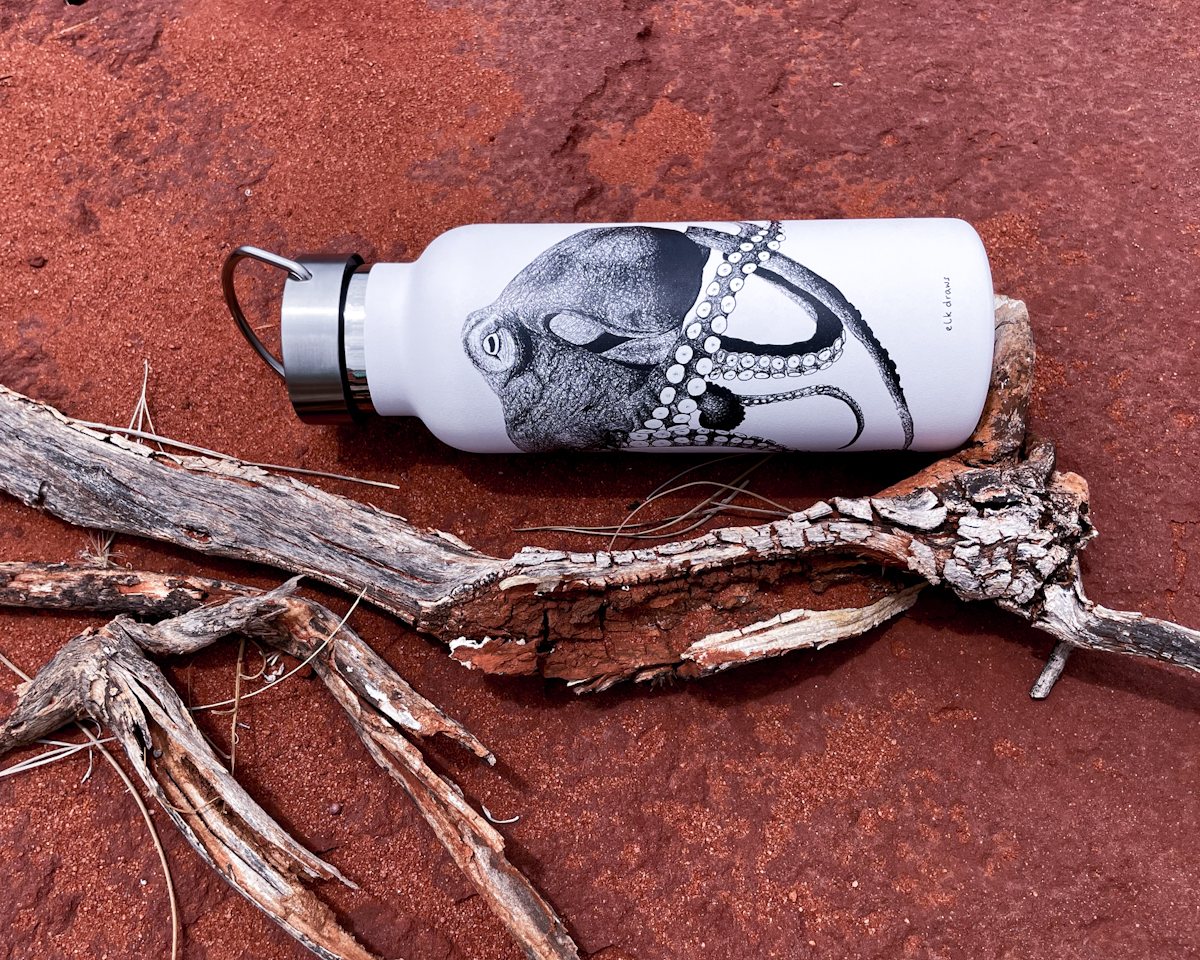 Underwater X Elk Draws Stainless Steel Insulated Water Bottle for Mental Health - Octopus
Underwater X Elk Draws Stainless Steel Insulated Water Bottle for Mental Health - Octopus
- Price A$ 39.95
-
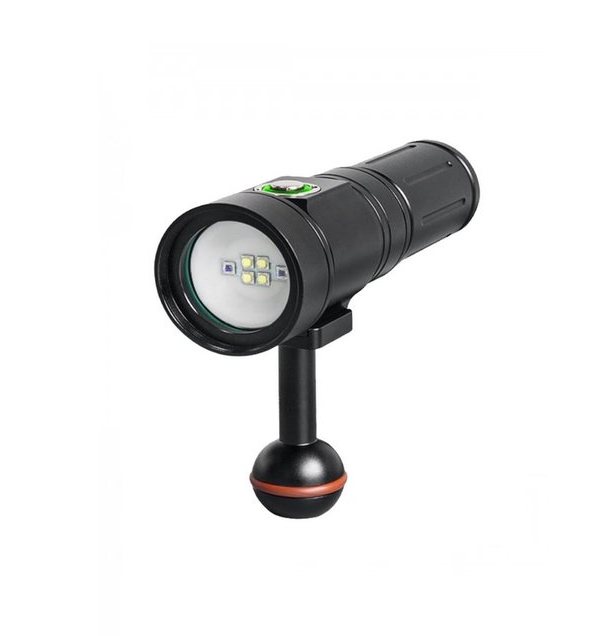 Scubalamp PV22 LED Video/Photo Light - 2000 lumens - UV option
Scubalamp PV22 LED Video/Photo Light - 2000 lumens - UV option
- Price A$ 179.00
-
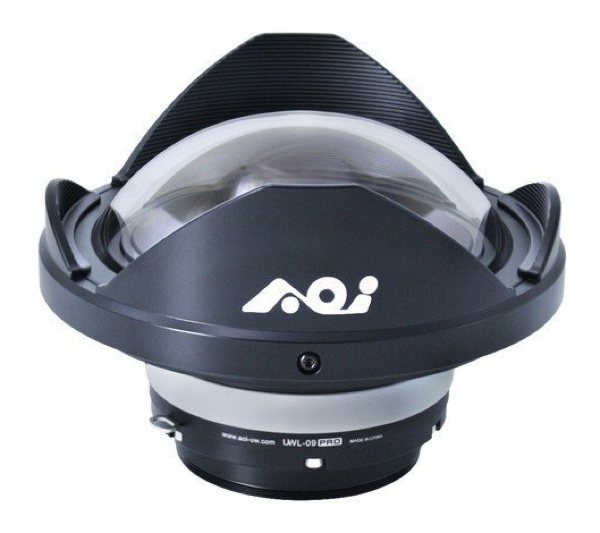 Fantasea AOI UWL-09 Pro - Super Wide Angle PRO Glass Wet Lens
Fantasea AOI UWL-09 Pro - Super Wide Angle PRO Glass Wet Lens
- Price A$ 1,649.00
-
 T-Housing Aluminium Deepdive Housing H8ENERGY for GoPro Hero 8
T-Housing Aluminium Deepdive Housing H8ENERGY for GoPro Hero 8
- Price A$ 579.00
-
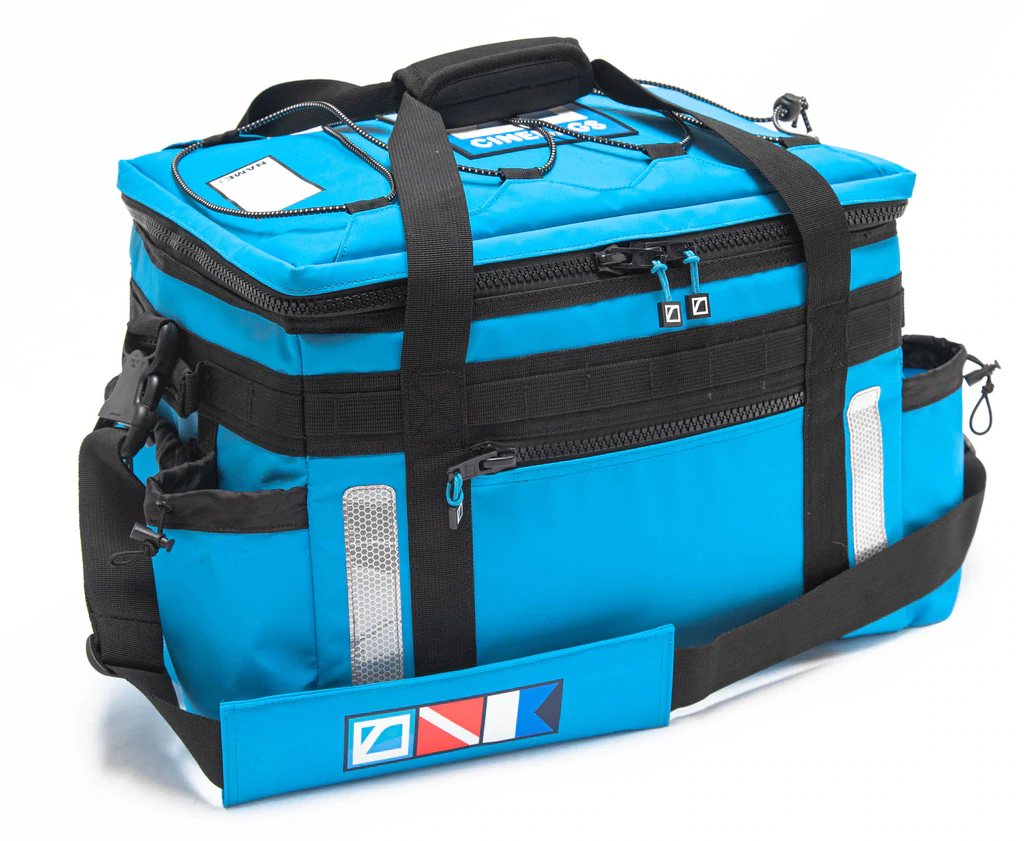 CineBags - CB80 Square Grouper XL
CineBags - CB80 Square Grouper XL
- Price A$ 365.00
-
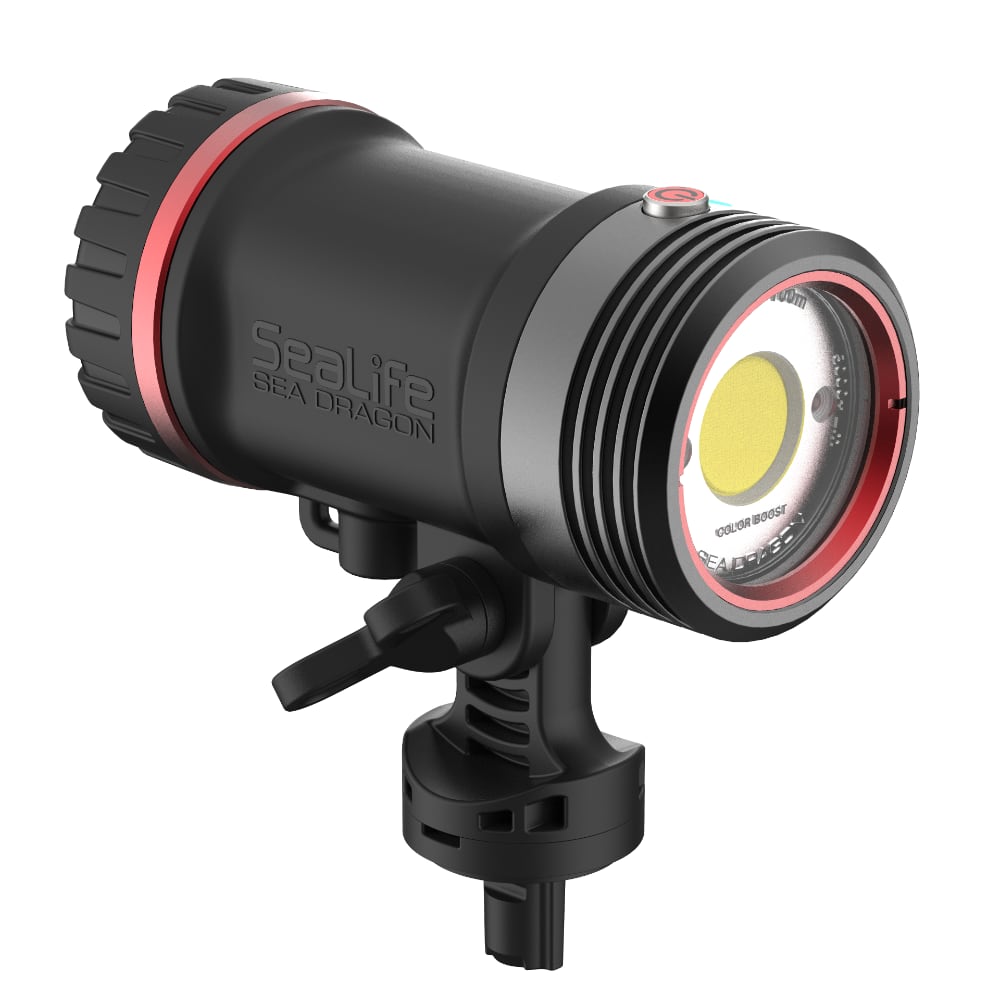 SeaLife Sea Dragon 5000+ with Color Boost™ Photo-Video light
SeaLife Sea Dragon 5000+ with Color Boost™ Photo-Video light
- Price A$ 1,049.00
-
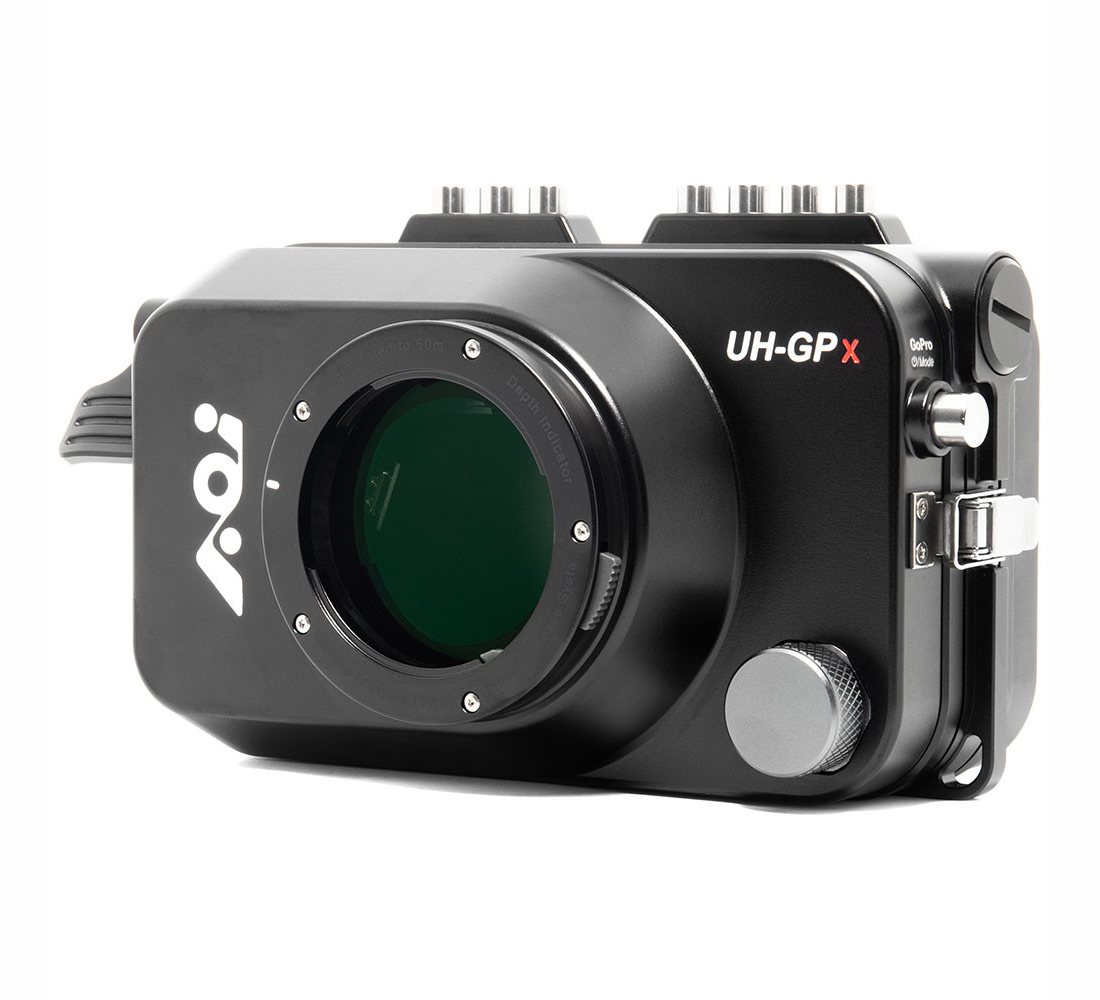 AOI GoPro HERO 9, 10, 11, 12, 13 Underwater Housing & Monitor UH-GPX
AOI GoPro HERO 9, 10, 11, 12, 13 Underwater Housing & Monitor UH-GPX
- Price A$ 2,549.00
Articles
-
 Return to Tioman Island - Some Insights into Coral Bleaching
Return to Tioman Island - Some Insights into Coral Bleaching
- It has been a few years since my last visit to Tioman Island and after listening to many tales of extensive coral bleaching I was curious to see with my own eyes how bad this really was.



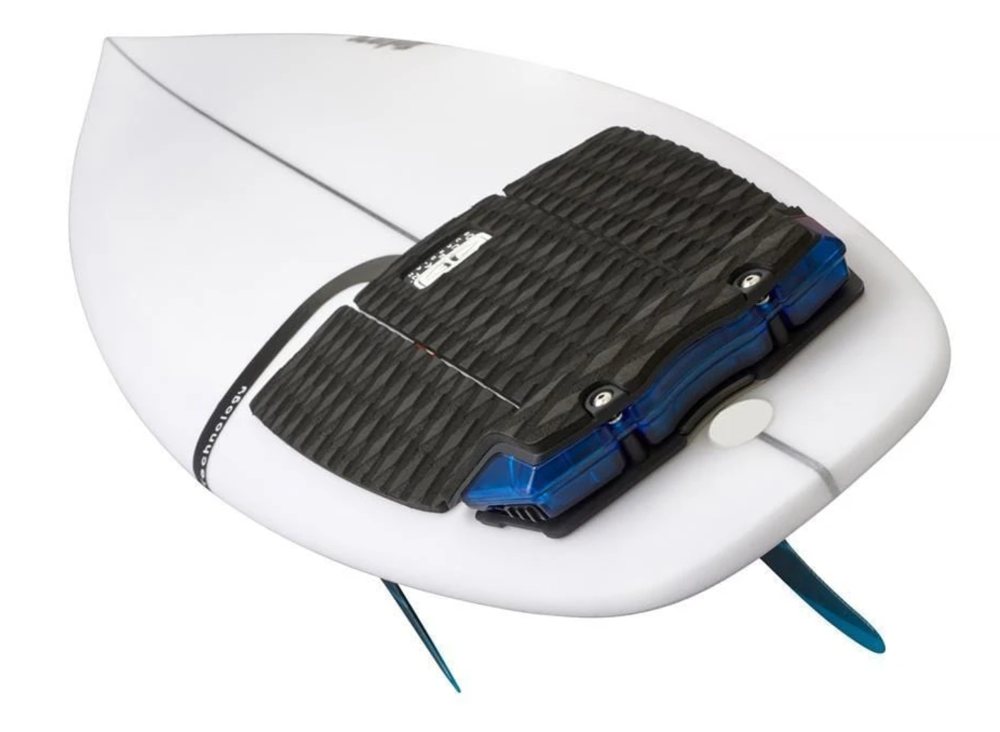 Ocean Guardian - Shark Shield FREEDOM+ Surf - Shortboard (Bundle)
Ocean Guardian - Shark Shield FREEDOM+ Surf - Shortboard (Bundle)


